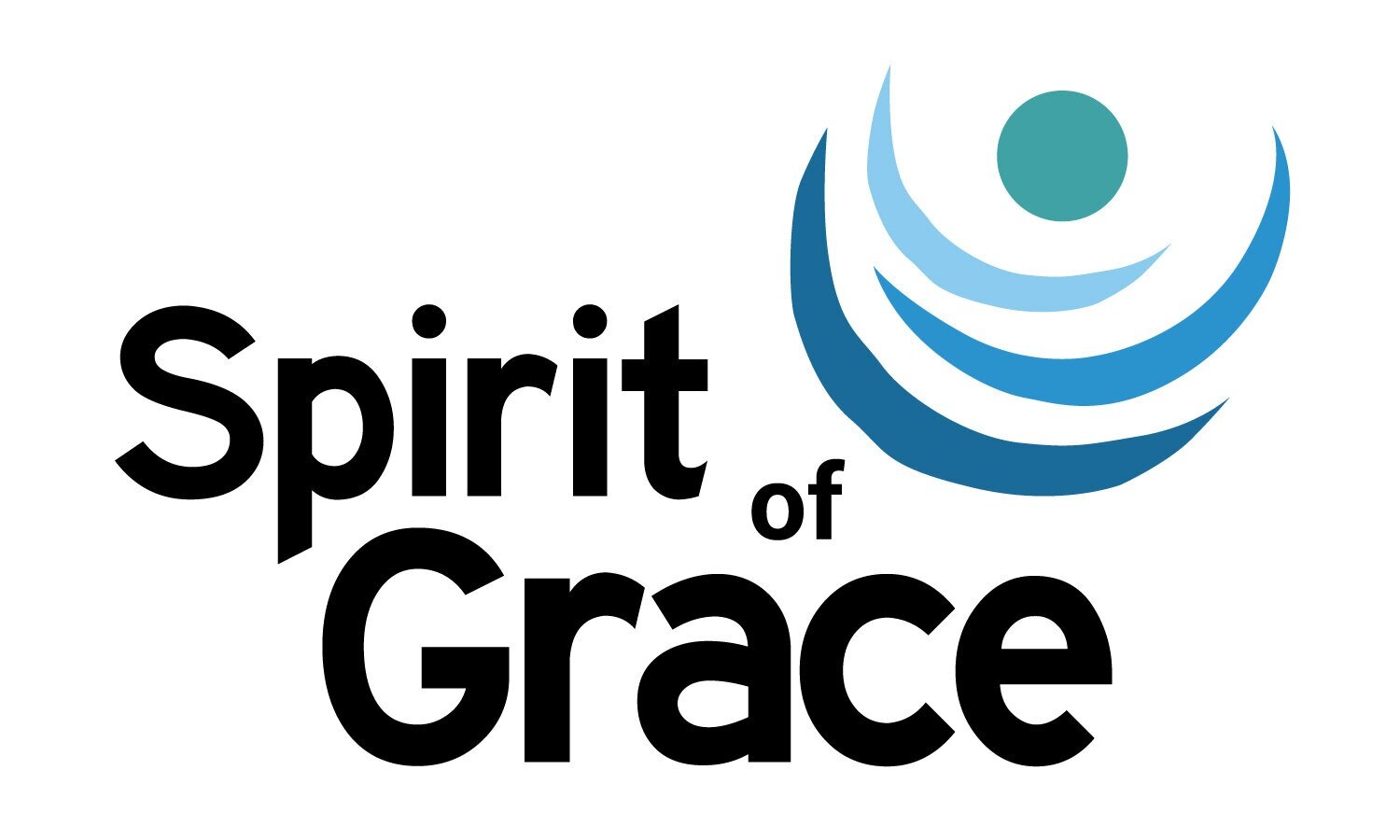Lenten Week 3 Reflection by Nancy McAuliffe
Adapted from Psalm 148:
Praise the Blessed one! Give praise from the heavens and from all the ends of the earth! Give praise you sea creatures and ocean depths, lightning and hail, snow and mist and storm winds that fulfill God’s word, mountains and all hills, fruit trees and all cedars, wild animals and all cattle, small animals and flying birds! Leaders of the nations and all peoples, young and old, give praise! Unite together in all your diversity, that peace and harmony might flourish on earth!
From Becoming Rooted, Chapter 33
I read week 3 about 6 weeks ago. And in the Tuesday reflection of that week, I read the following paragraph by Jim Sequeira, which stopped me in my tracks:
“The Doctrine of Discovery was a decree used by European Christians to dehumanize Indigenous peoples by stating that any lands not inhabited by Christians justified the seizure of those lands and the enslavement or genocide of Indigenous peoples. The Doctrine of Discovery was foundational and justified the colonization in the United States, the illegal stealing and the intentional genocide of Native peoples who had lived here for over 15,000 years. The Doctrine of Discovery became part of the U.S. federal law in 1823 and continues to be used to dispossess Native people of their land.“
Very different from the message I got in grammar school:
“In fourteen hundred ninety two Columbus sailed the ocean blue. He had three ships and left from Spain, he sailed through sunshine wind and rain…and you must remember the name of those ships the Nina, Pinta and Santa Maria.”
I read the paragraph again…..the doctrine of what?? I did what I normally do when I’m trying to process new information…I start asking questions…
Do you know what the Doctrine of Discovery is?
Do you know what it says?
Why haven’t I heard of it? How can it still be in our federal laws?
Last week I even asked my friend who taught history to middle schoolers for 30 years. . .surely she would know. She didn’t . Maybe I didn’t ask the right people, Maybe I should have asked some of you.
The theme for the third week is “Seeing and Naming Indigenous Splendor,” and after I read the entire week of reflections, I understood and appreciated the theme, but I wasn’t there yet, and I’m still not.
I’m processing “Seeing and Naming Indigenous Harm,” and I have been following that path with Youtube explanations, articles, testimonies, podcasts, Turtle talk blog, and the ICWA pending Supreme Court case. (See some of these resources at the bottom of this reflection.)
I’ll get to “Seeing and Naming Indigenous Splendor,” but first I have to spend time “Seeing and Naming Indigenous Harm.” It’s one of my actions this Lent and I hope it’s one I continue to learn about and act on for years to come.
In my initial searching I found an amazing video I want to share with you. The speakers are indigenous elders and their splendor IS obvious. The first speaker’s English name is Sid Hill, and the second speaker’s English name is Oren Lyons. Both are chiefs of the Onadaga Nation, of the Haudenosaunee confederacy. You may be more familiar with the English name six nations or the French name, Iroquois. They are located in modern day upstate New York.
After watching the video, sit quietly for a minute …notice if anything comes up for YOU as you hear for the first time or more likely are reminded about the harm the Doctrine of Discovery has done and continues to do to native people.
I invite you into the following practice this week:
Listen again to this video or read about the Doctrine of Discovery. Enter into the spirit of Lent, by taking time to reflect on the information perhaps asking for guidance. Notice what comes up for you. Think of an action you might take.
In the introduction of A Grounded Faith, Pastor Janet Parker reminds us that “Lent...calls us to serious reflection and to the practice of repentance...we submit ourselves to the dying and rising process that Jesus initiated so that we can come into the new life that Christ promised”.
Enter into the spirit of Lent by taking time to reflect on this information perhaps asking Spirit for guidance
Notice what comes up for you
Think of an action to take (sometimes the most important action is reflecting and repenting)
Additional resources from Nancy:
Repudiation of the doctrine of discovery in Evangelical Covenant Church
Podcast on how ICWA is on the docket of the U.S. Supreme Court:This Land Season 2
If you are overwhelmed by all this, read Rumi’s poem “The Guest House”
And from our Lutheran and Catholic Church bodies:
Roman Catholic groups repudiate the Doctrine of Discovery (no official statement from the Vatican)






